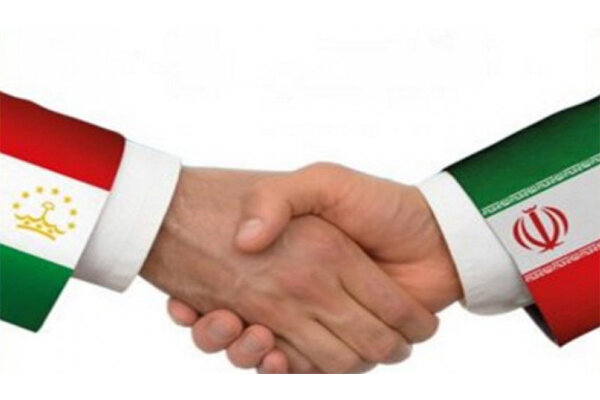 TEHRAN, Sep. 28 (MNA) – Tourism diplomacy can play a vital part in promoting Iran’s relations and position in Central Asia and the Caucasus, especially with Tajikistan.
TEHRAN, Sep. 28 (MNA) – Tourism diplomacy can play a vital part in promoting Iran’s relations and position in Central Asia and the Caucasus, especially with Tajikistan.
Based on socio-cultural values, soft power is the outcome of positive image-making, legitimacy, credibility in public opinion at home and abroad, indirect influence on others, and influencing the will of others. Tourism can portray a positive image of the culture and politics of a country in the minds of world citizens. In other words, a source of soft power for countries is tourism diplomacy.
Having found its place among the top gainful employments, tourism plays a special part in peace and friendship among nations. This will progressively show its importance in relations between countries in the future. Hence, it would not be unfounded to claim that peace through tourism will be attainable for posterity. As such, in public diplomacy, the image created of each country in the public opinion of other parts of the world is rather important. In this context, the tourism industry is in a way involved in the public diplomacy of every country.
As a subset of culture and public diplomacy, tourism diplomacy can play a vital part in promoting Iran’s relations and position in Central Asia and the Caucasus, especially with Tajikistan. This is possible mainly due to the historical, cultural, and linguistic ties between the two countries, speaking to the truth that Tajikistan as the only Persian-speaking country in Central Asia also holds a distinctive position among other regional countries.
Despite some tense years elapsing between Tajikistan and Iran, and certain misunderstandings between authorities in Dushanbe and Tehran, relations between the two countries seem to be evolving on a positive note in recent years. The positive signs are manifest in the message of congratulations sent to then President Rouhani and the people of Iran for the fortieth anniversary of the Islamic Revolution by the President of Tajikistan, Emomali Rahmon. Some of the most important events include the visit by Tajikistan Foreign Minister Sirojiddin Muhriddin to Tehran in June 2019, with the subsequent visit of Mr Rouhani to Tajikistan to take part in the Sika summit, talks between the two presidents to promote relations including cooperation and the use of Chabahar Port by Tajikistan, and most importantly the visit of Iran’s new president, Ebrahim Raisi, to participate in the SCO presidential summit. These events all show the two countries’ will to deescalate and improve relations. Widespread ties with Tajikistan are one of Iran’s main objectives in its relations with the country.
In addition to the above, it is evident that Tehran will put all its efforts in expanding ties with Dushanbe in every possible way, for which the ground has already been laid. With a glance at the history and culture of Tajikistan, some examples of cultural closeness and overlapping can be seen between the two sides. Given this background, the cultural sector, which includes sports, health, and science diplomacy in general, and tourism and cultural heritage tourism in particular, is one of the most important platforms where Iran can raise the level of collaboration with this country with which it shares a common language and pave the way for further convergence in foreign policy.
Therefore, given the potentialities both countries have in tourism, especially with a common language and culture, using the potential available in this sector can act as a complement to their politics of good neighborliness. Some of the key answers to strengthening tourism diplomacy between the two countries lie in implementing appropriate policies to introduce their tourist attractions, marketing and exploiting the audio-visual and written media to introduce their tourism potentials, incentive policy to motivate tour operators, eliminating red tape for visas, upgrading the quality of the hospitality industry to an acceptable level (hotels, apartment hotels, etc), incentives to attract Tajik tourists through local travel agencies, creating and expanding bilateral ties for tourism within the framework of agreements, conventions, MoUs, and other protocols between the two countries.
Abed Akbari is an international relations analyst


